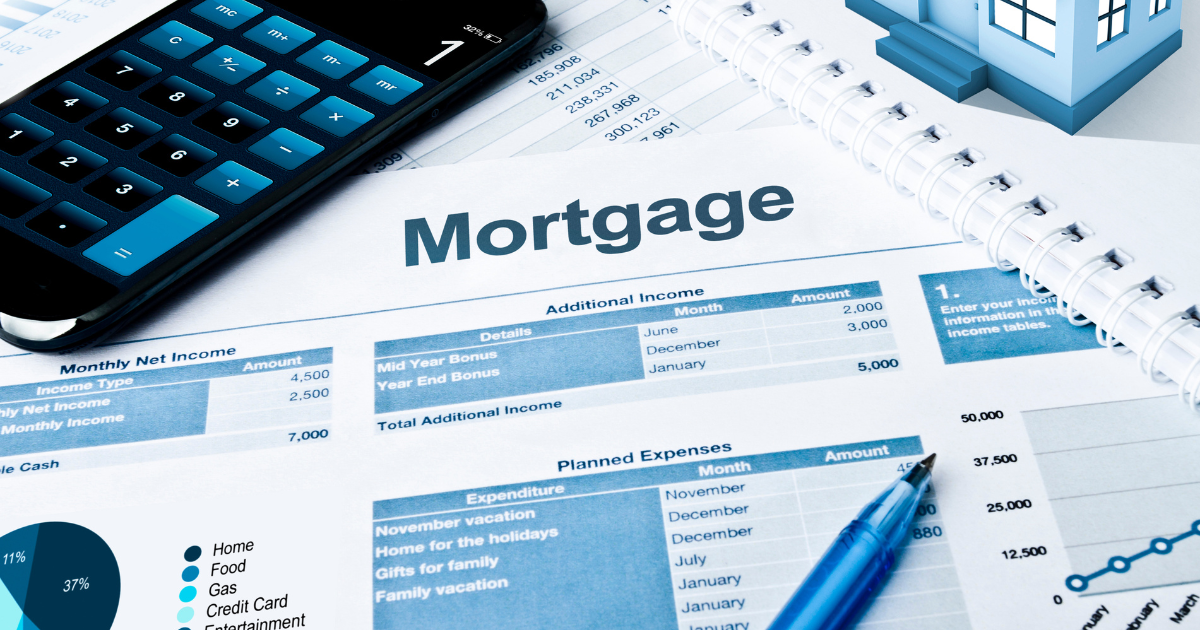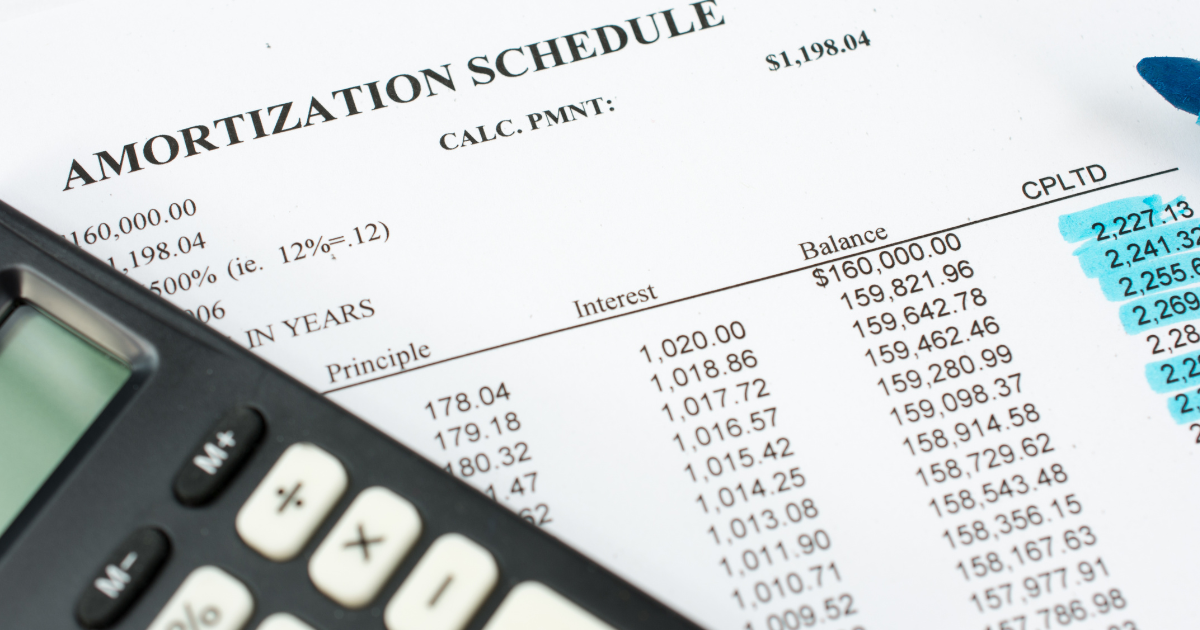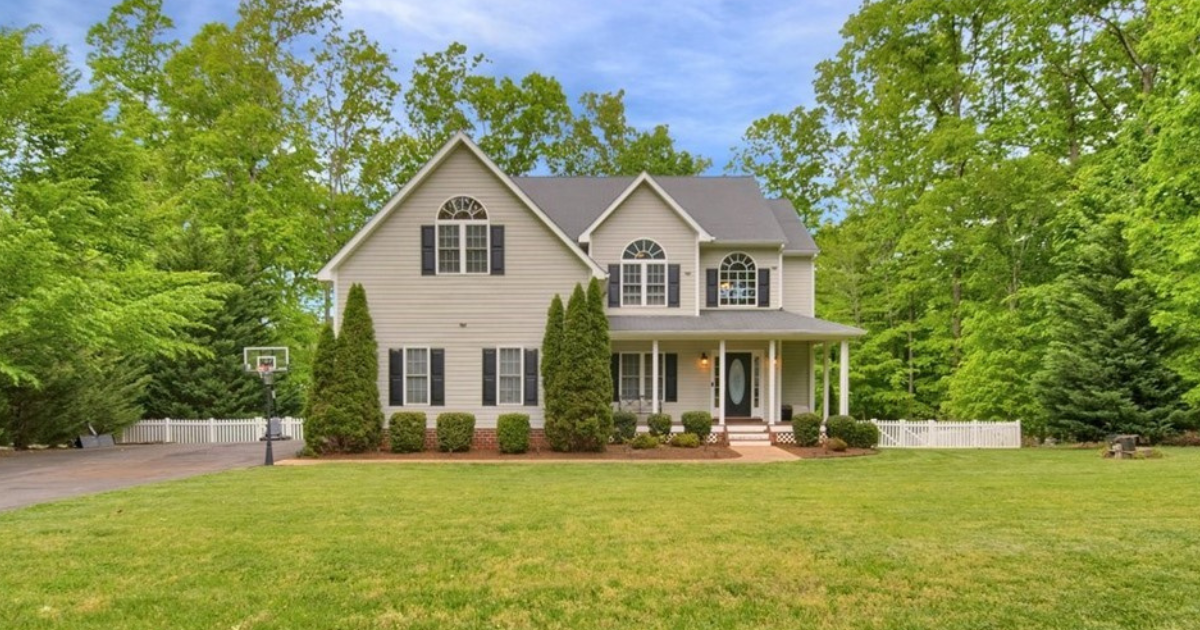Understanding Private Mortgage Insurance (PMI)
When you’re exploring the path to homeownership, you’ll hear about many different costs tied to a mortgage. One that often raises questions is PMI, or Private Mortgage Insurance. Unlike homeowners insurance—which protects you, your belongings, and your property—PMI is designed to protect your lender. That distinction often surprises first-time buyers. Still, PMI plays a big role in making homeownership possible for many borrowers, especially those who don’t have a full 20% down payment.
At CapCenter, we’ve guided thousands of clients through this topic. Our goal is to make sure you understand what PMI is, why it exists, how much it costs, and—most importantly—how you can minimize or even avoid it. By the end of this article, you’ll have a clear sense of where PMI fits into the mortgage process and how CapCenter can help you navigate it while saving thousands with our Zero Closing Cost loans.
What is PMI and Why Does It Exist?
Private Mortgage Insurance is a safeguard lenders require when a borrower puts less than 20% down on a conventional loan. From the lender’s perspective, a smaller down payment equals greater risk. PMI offsets that risk by providing insurance coverage in case the borrower defaults on the loan.
Here’s an example:
Imagine you’re purchasing a $300,000 home with only 5% down ($15,000). That leaves the lender financing 95% of the home’s value. If something goes wrong and you can’t continue payments, the lender is far more exposed than if you had invested $60,000 upfront. PMI is the compromise—it allows you to buy with less than 20% down, but requires you to cover the insurance cost until your lender is satisfied with the equity you’ve built.
While PMI doesn’t protect you directly, it opens the door to homeownership for millions of buyers who don’t want—or can’t afford—to wait until they’ve saved a large down payment.
How Much Does PMI Cost?
The cost of PMI varies depending on several factors, including:
- Loan-to-Value (LTV) Ratio: The closer you are to 100% financing, the higher the risk for the lender, and the higher your PMI premium.
- Credit Score: Stronger credit scores signal less risk, which can lower your PMI rate.
- Loan Size and Term: Bigger loans and longer terms may increase your PMI premium.
Typically, PMI ranges between 0.3% to 1.5% of your original loan amount per year. On a $300,000 mortgage, that could mean anywhere from $900 to $4,500 annually, broken into your monthly payment.
At first glance, those numbers might feel discouraging. But there’s good news: PMI is not permanent, and with the right strategy, you can reduce or remove it faster than you think.
How Long Do You Have to Pay PMI?
PMI doesn’t last forever. Federal law provides clear rules for when it can be removed:
- Automatic Termination: PMI ends automatically once your loan balance reaches 78% of the home’s original value (based on the purchase price, not current market value).
- Borrower-Initiated Removal: You can request PMI cancellation once your balance drops to 80% of the original value. Lenders may require proof, such as a new appraisal, to verify your home’s value if you’ve paid down aggressively or if the market has appreciated.
For homeowners in rising markets—or those making extra principal payments—PMI may be removable years earlier than expected. That’s why it’s essential to stay on top of your equity position and know when you qualify to drop the extra cost.
CapCenter’s team monitors these opportunities closely with our clients. We also offer tools like our Home Value Estimate Tool to help you understand where your equity stands today.
Ways to Avoid PMI Altogether
Some buyers prefer to avoid PMI from the start. Here are the most common ways to do that:
- Put 20% Down: The simplest path, but not always realistic for first-time buyers.
- Lender-Paid Mortgage Insurance (LPMI): The lender covers the PMI cost, but typically charges a slightly higher interest rate in return.
- Piggyback Loans (80-10-10): Involves taking out a first mortgage for 80%, a second loan for 10%, and putting 10% down. This option has become less common but may be used strategically.
- Special Loan Programs: FHA, VA, and USDA loans all have their own rules around insurance and guarantees. VA loans, for instance, don’t require PMI at all—an incredible benefit for veterans and service members.
CapCenter can walk you through each option to see what works best for your situation. For many buyers, paying PMI temporarily is worth it if it means getting into a home sooner, especially in markets where home prices are climbing.
PMI vs. Other Types of Mortgage Insurance
It’s important not to confuse PMI with other forms of insurance tied to mortgages:
- FHA Mortgage Insurance Premiums (MIP): Required on FHA loans, with both upfront and annual components. Unlike PMI, FHA insurance may last for the life of the loan depending on your down payment.
- VA Funding Fee: A one-time fee for VA loans, which replaces the need for monthly mortgage insurance.
- USDA Guarantee Fee: Similar to FHA and VA, USDA loans have their own form of mortgage insurance built into the program.
Understanding these differences matters because your choice of loan type will determine the kind of insurance you pay. If you’re unsure which path makes the most financial sense, CapCenter’s mortgage experts can compare scenarios with you side by side.
How PMI Impacts Your Monthly Payment
For most homeowners, PMI is rolled into your monthly mortgage payment. Let’s look at an example.
Say you’re buying a $300,000 home with 10% down ($30,000). Your loan is $270,000. Assuming a PMI rate of 0.6%, your annual PMI cost would be about $1,620, or $135 a month.
That $135 raises your monthly payment until you reach the equity threshold for removal. Over time, the impact adds up—but it’s far less than the cost of waiting years to save up an extra $30,000 to reach 20% down.
At CapCenter, we help clients run these numbers to see whether paying PMI temporarily still makes sense compared to waiting, especially when you factor in our Zero Closing Cost advantage, which saves you thousands upfront.
The Role of Refinancing in Eliminating PMI
One strategy many homeowners use to eliminate PMI faster is refinancing. If your home value has risen substantially since purchase, refinancing into a new loan may allow you to drop PMI even if you haven’t reached 20% equity based on the original purchase price.
For instance, if you purchased a home for $300,000 with 5% down, your loan started at $285,000. Three years later, if your home appraises at $360,000, your remaining loan balance may represent only 75% of its new value. In that case, a refinance could eliminate PMI entirely.
CapCenter’s Zero Closing Cost Refinances make this strategy even more powerful, because you won’t spend thousands in fees just to reset your loan. It’s one of the most effective ways to save money long-term while leveraging market growth.
FAQs About PMI
Does PMI protect me if I lose my job or can’t pay my mortgage?
No. PMI only protects your lender. If you want coverage for yourself in those situations, you’d need separate insurance products.
Can I deduct PMI on my taxes?
PMI deductions have been allowed off and on in recent years. Always consult a tax advisor for the most current IRS rules and whether you qualify.
Is PMI the same with every lender?
No. Rates vary by lender, and some may structure costs differently. This is another reason to shop carefully and work with a trusted partner like CapCenter.
Why Work With CapCenter?
PMI is just one part of the mortgage puzzle. The bigger picture is how all the pieces—interest rates, closing costs, insurance, and taxes—fit together to shape your monthly payment and long-term costs.
At CapCenter, we simplify this process by offering Zero Closing Costs on every mortgage and refinance. That means while PMI may be a temporary expense, you’re not also losing thousands upfront in unnecessary fees. Combine that with our expert team, transparent guidance, and in-house process, and you’ll have a partner who helps you minimize costs at every step.
Whether you’re a first-time buyer, a veteran, or a homeowner considering refinancing to eliminate PMI, CapCenter is here to help you make the smartest move.
Final Thoughts
PMI may not be the most exciting part of buying a home, but it’s one of the most misunderstood—and understanding it can save you real money. For many buyers, PMI is simply the price of getting into a home sooner. With the right strategy, it doesn’t have to be a long-term burden.
If you’re weighing your options, CapCenter can guide you through PMI scenarios, show you how much you can save with our Zero Closing Cost loans, and help you make an informed decision that aligns with your financial goals.
Explore our mortgage calculator to see how PMI may affect your monthly payment—or connect with our team today to map out your best path forward.




